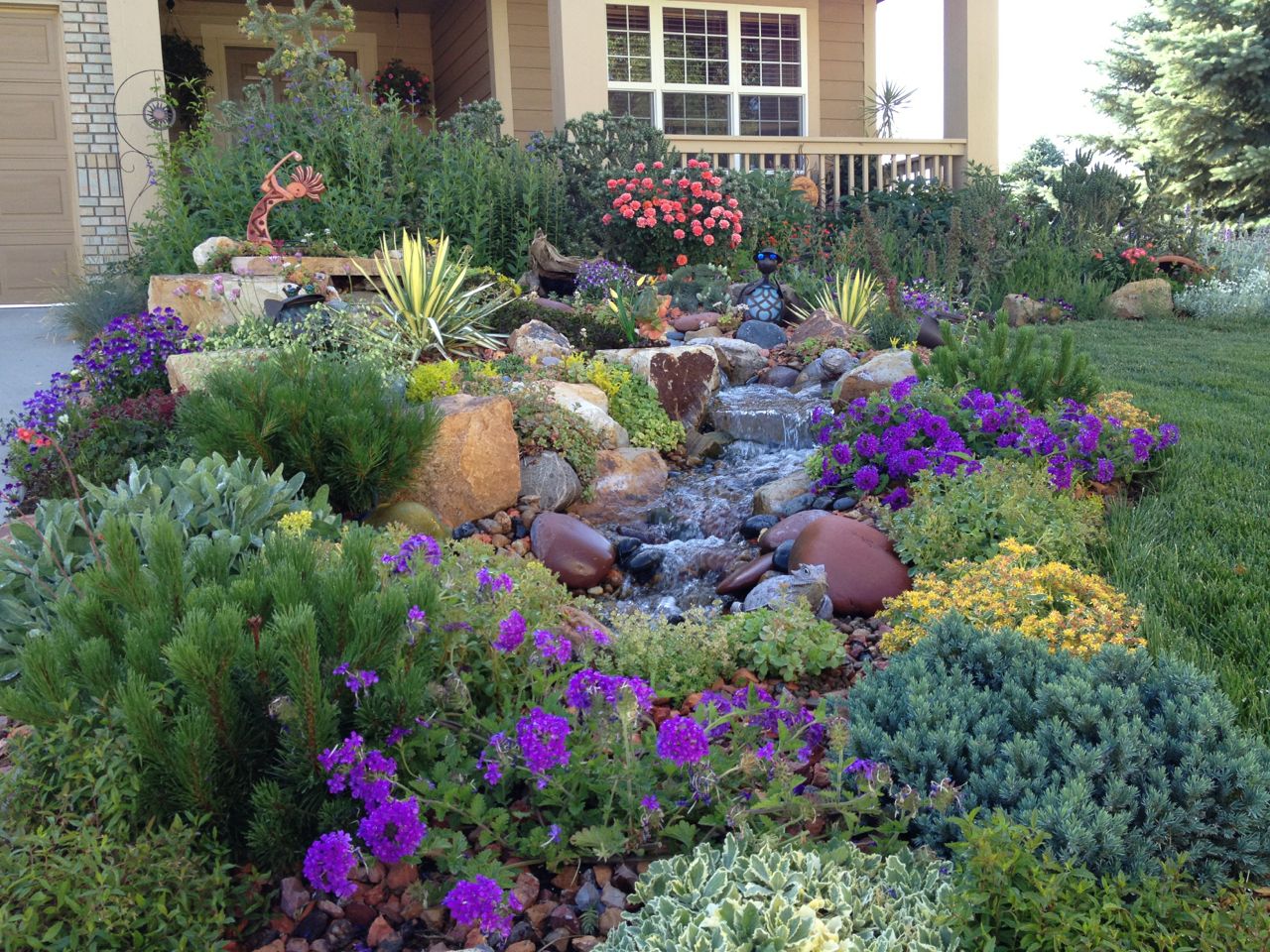In the realm of transforming outdoor spaces, landscaping is a combination of art and science that can significantly enhance the aesthetic appeal and usability of any property. Whether you are a homeowner looking to create a personal retreat or a business owner aiming to attract customers with a stunning exterior, investing in effective landscaping can yield impressive results. But to achieve these results, it is essential understand the foundational element of any good landscape design: soil health.
Healthy soil not only supports lush lawns and vibrant gardens but also sustains the overall ecosystem of your yard. It is a vital component that promotes plant growth, facilitates proper drainage, and prevents soil erosion. In this article, we'll delve into how understanding soil health can enhance your landscaping efforts, the benefits of hiring professional services, and helpful advice for maintaining a stunning outdoor space throughout the year. Whether you choose to embark on a DIY project or seek professional assistance, being knowledgeable about soil and landscaping principles will empower you to make the best decisions for your property.
The Advantages of Expert Landscaping
Putting money in professional landscaping can considerably enhance the beauty of your home. A well-designed landscape not only creates an appealing atmosphere but also reflects your unique identity and improves curb appeal. Specialists understand how to harmonize colors, textures, and plant varieties to create a harmonious look that attracts attention and appreciation. This level of design knowledge can transform basic outdoor spaces into beautiful landscapes that leave a lasting impression.
In addition to enhancing appearance, professional landscaping can provide substantial functional benefits. http://nutris.net/members/stemmine6/activity/2511404/ are informed about local climate conditions, soil types, and the ideal plants for your particular environment. They can design outdoor spaces that emphasize sustainability and low maintenance, reducing homeowners effort in upkeep. Furthermore, carefully crafted landscapes can improve drainage, reduce soil erosion, and optimize water usage, helping to create a better environment for your plants as well as your neighborhood.
One of the most persuasive reasons to hire a expert service is the potential boost in property value. Beautifully landscaped homes typically see a substantial return on investment, often recouping a substantial portion of landscaping costs in the property's resale value. A skilfully maintained landscape can make your home more attractive to potential investors, highlighting the care and effort put into your home. This boost in value, together with improved quality of life, makes expert landscaping a wise investment for both homeowners and organizations.
Key Lawn Care Techniques
Caring for a green lawn requires consistent attention and effective practices. One of the most vital elements is appropriate mowing. https://storgaardglud09.livejournal.com/profile is suggested to keep the grass at a level of around 3 in., as cutting too low can stress the lawn and make it more vulnerable to weeds and diseases. Additionally, using a fresh mower blade ensures clean cuts, promoting stronger grass growth. Regular mowing also encourages thicker turf, which can help eliminate unwanted weeds.
Nourishment plays a significant role in lawn health as well. A well-balanced fertilizer that matches the specific needs of your grass type will offer essential nutrients for growth. Timing is important; applying fertilizers during the active season ensures that your lawn can utilize these nutrients properly. It is also beneficial to conduct soil tests to determine the nutrient content and pH level of your soil, allowing for tailored fertilization strategies that can enhance your lawn's vitality.
Irrigation adequately is another fundamental practice for a healthy lawn. Thorough watering infrequently encourages deeper root growth, which contributes to resilience against drought. Aim for about one inch of water each week, whether through rainfall or additional irrigation. It's wise to water early to minimize evaporation and fungal diseases. Additionally, understanding the signs of too much water, such as standing water or discolored grass, can help avert damage and maintain a healthy lawn.
Sustainable Gardening Strategies

Sustainable landscaping focuses on developing an ecosystem that harmonizes with nature and fulfilling the needs of property owners and communities. By using local plants and local materials, landscaping can cut down on irrigation usage and minimize the need for chemical fertilizers and pesticides. navigate here are suited to the local climate and soil conditions, making them simpler to maintain and more resilient to pests and diseases, ultimately leading to a healthier ecosystem.
In addition to plant choices, implementing practices like xeriscaping can significantly enhance sustainability. Water-wise gardening includes planning a landscape that needs minimal irrigation by using water-efficient plants, efficient irrigation systems, and mulch to retain soil moisture. This method not only conserves water, and it also lowers maintenance costs and labor while providing a beautiful outdoor space for relaxation and enjoyment.
Additionally, eco-friendly landscaping can be crucial in reducing energy consumption. Strategic placement of trees and shrubs can create organic windbreaks and shade, which helps to cool your home in summer and reduce heating costs in winter. Utilizing permeable materials for hardscaping allows for better drainage and reduces runoff, further adding to a sustainable landscape that benefits both the home and the environment.
